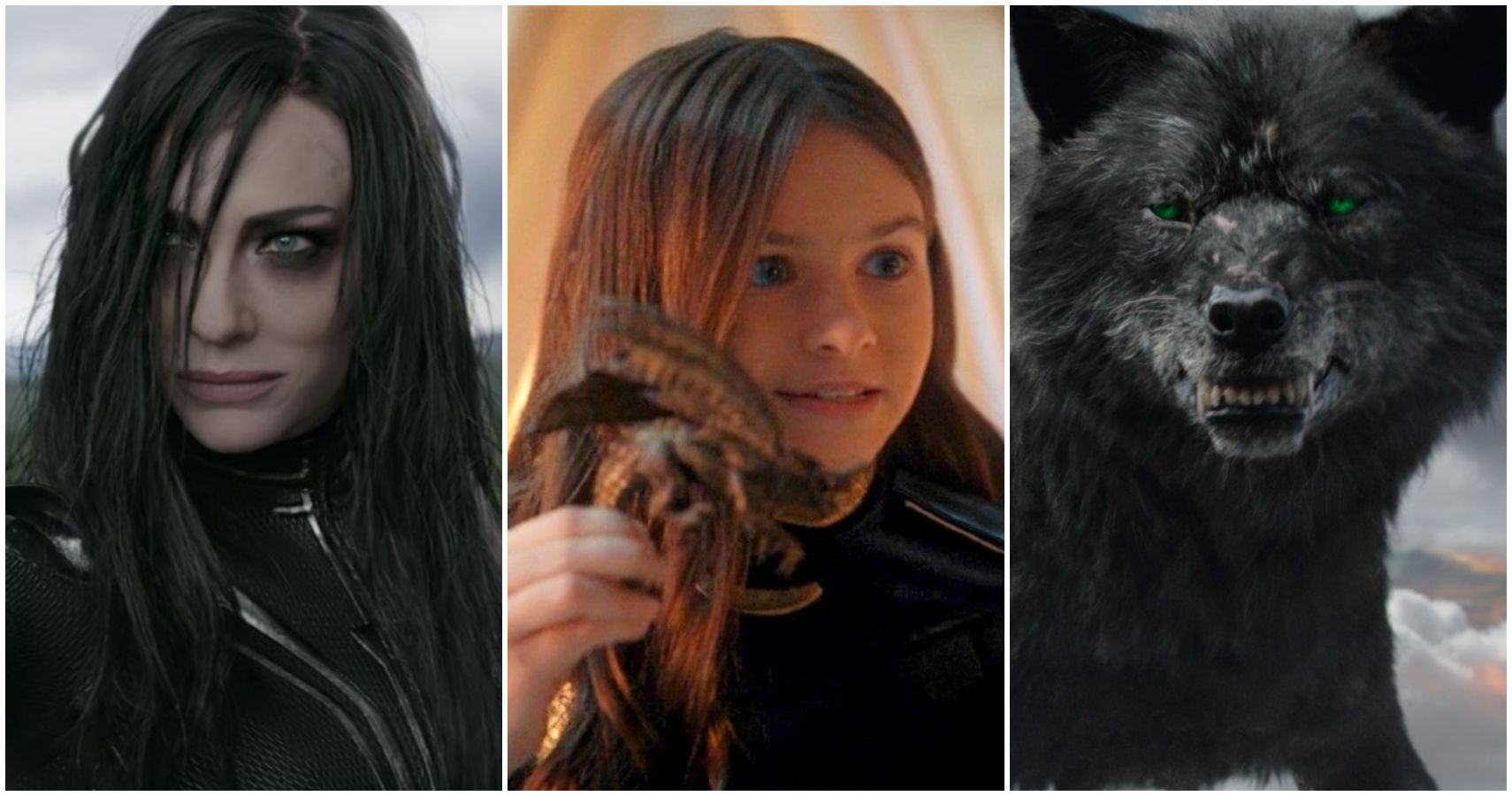
Loki is no doubt one of the most peculiar characters of the Marvel universe and the MCU. His deeds in the cinematic universe, for instance, have caused some dire repercussions and even shaped the future (or the past) of the franchise. As mischievous as he is, however, he simply pales in comparison to his Norse mythology counterpart, which is supposedly the original version of the fictional character.
RELATED: MCU: Hilarious Loki Memes That Will Even Make Thor Laugh
Loki in Norse mythology, due to his atrocious personality and quirks, pretty much caused all of Asgard and the cosmos' demise. On top of that, he can also be a she, or even an "it," depending on his whims or malicious intent. In fact, the Loki from MCU is a lot tamer, especially in his own show, Disney+'s Loki. He's such a notorious figure in the original Norse beliefs that the MCU omitted some of the acts that made him transcend his being the God of Mischief.
8 He can change his gender at will
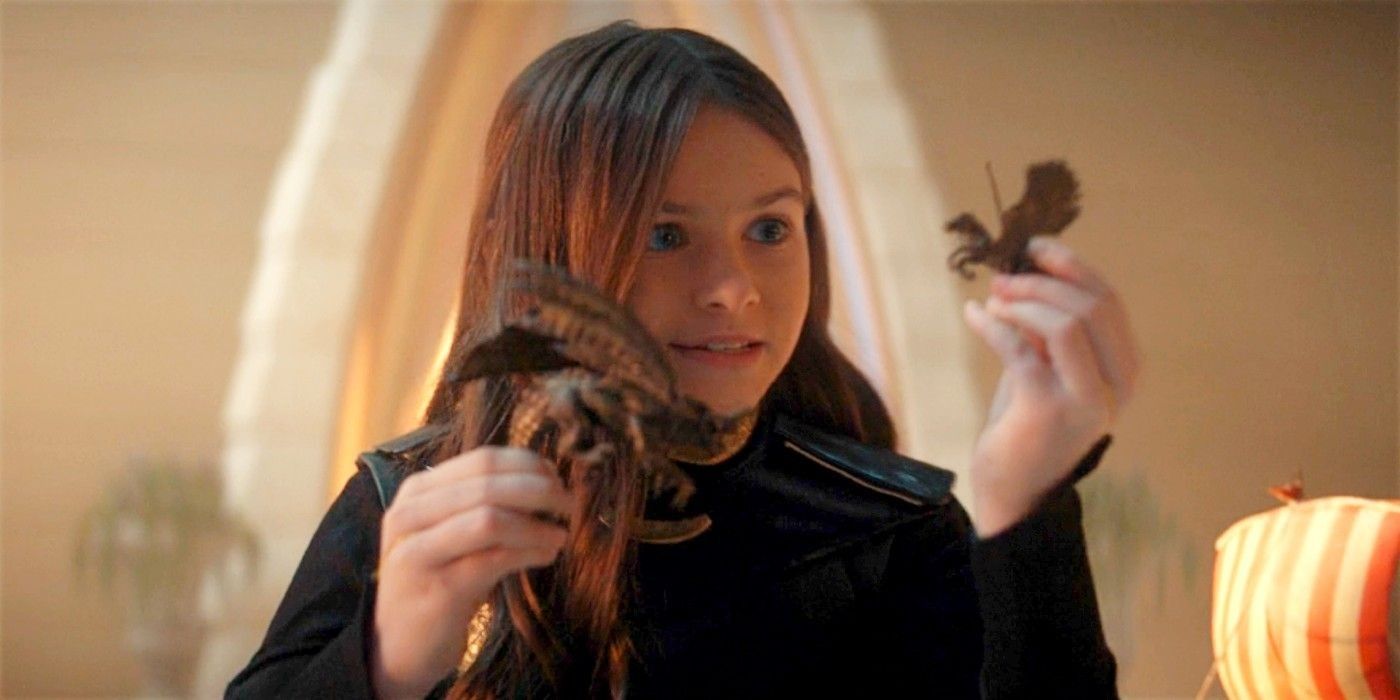
The MCU's Loki apparently has many variations all throughout the multiverse and one of them is a female Loki (another seems to be a crocodile). Truth be told, he didn't even need a female version because Loki in Norse mythology is either genderless or has all the genders available at his disposal.
RELATED: MCU: Best Loki Quotes
Loki in Norse mythology has been both a father and a mother (fulfilling both of their biological functions) when it suits him. So it really doesn't matter that most people are now used to Loki's face being Tom Hiddleston or some other dark-haired male actor, what's underneath the garb is a bit of a wildcard.
7 He gave birth to or sired several monsters
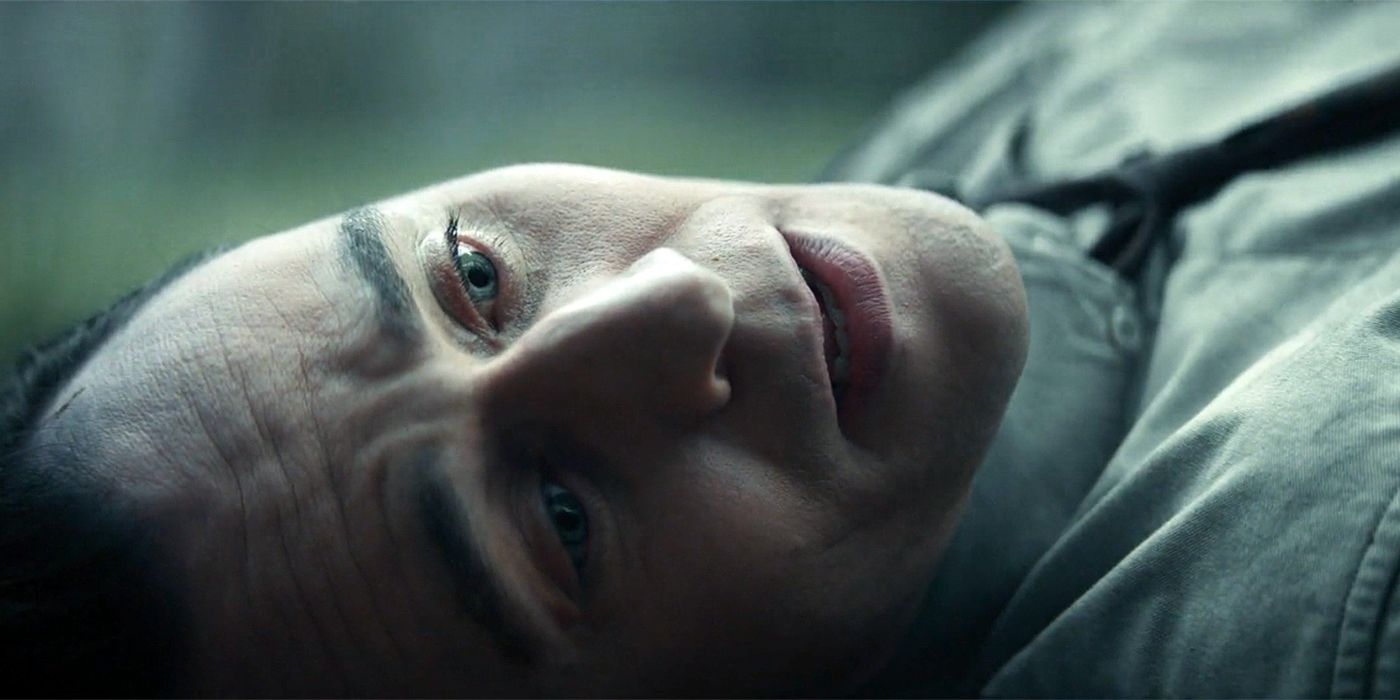
Loki's ability to change sexes or genders at will is a lot more strategic than leisurely as he's done it to produce offspring with any optimal mate he deems fit. While he has normal (human-looking) children, his most notable offsprings are monsters— some of the most prominent in Norse mythology, such as:
Sleipnir

Sleipnir is the oddest black sheep out of Loki's children (and that's saying something) because it's the weirdest creature. Loki shapeshifted into a presumably female horse in order to seduce and mate with Svadilfari, a legendary stallion in Asgard. Loki later gave birth to Sleipnir who had eight legs and was chosen by Odin to be his shamanic steed.
Jormungand

For Jormungand, Loki had to take on the father role. He mated with a giantess named Angrboda and one of the strange monstrous children they produced was Jormungand, a gargantuan serpent who's so huge, it's bigger than Midgard's circumference. One also needn't be well-versed in Norse mythology to assume that Jormungand is evil, that name says it all.
RELATED: Loki: 6 Things You Need To Know About The Time-Keepers
Fenrir
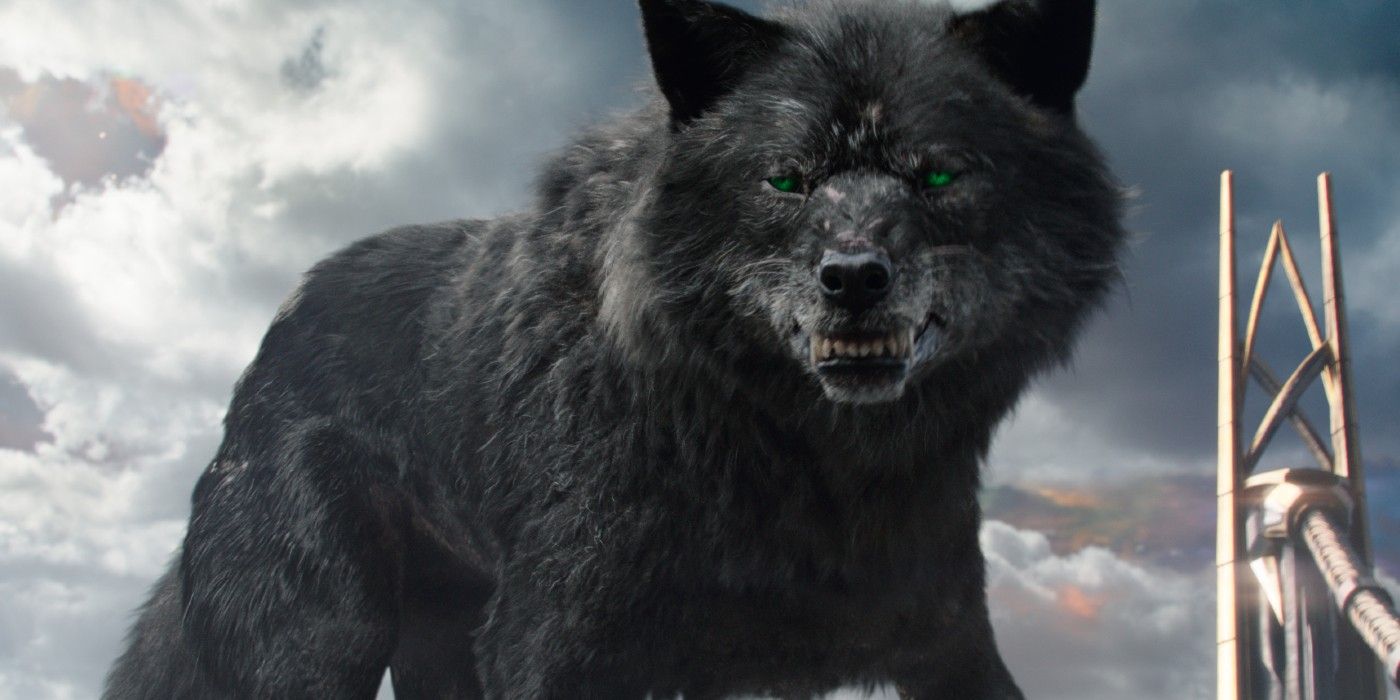
Fenrir is a giant wolf who was also featured in Thor: Ragnarok as one of the main villain's hench-pet who could take on the Hulk. In Norse mythology, he actually one of Loki's children with Angrboda. Like Jormungand, Fenrir is also inherently evil and caused many problems for the gods of Asgard.
6 Hela was originally his daughter, not his sister
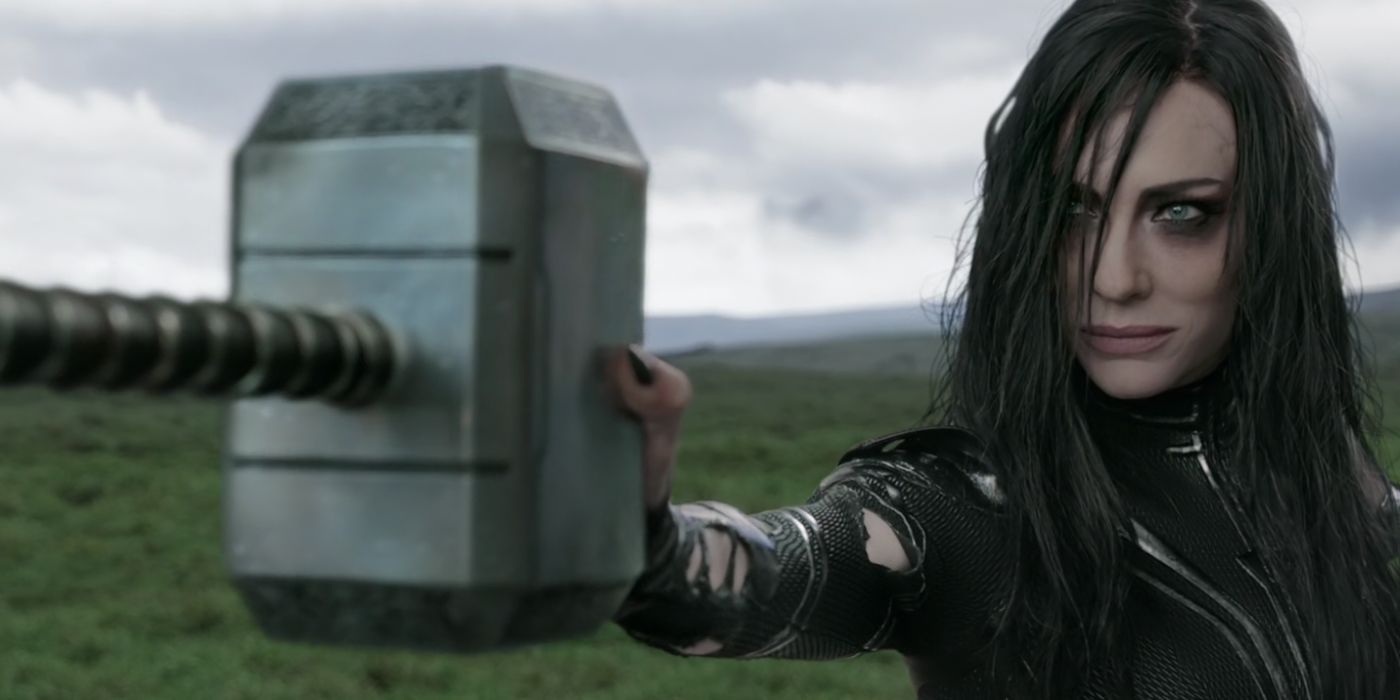
Hela or Hel was lucky enough to get the "long end of the stick" as one of Loki's children with Angrboda; she's humanoid and went on to become an important deity in Asgard, the Goddess of Death though by no means is she benevolent. She's also generally up to no good, not exactly far off from her MCU counterpart, Hela. The difference is that Hela in the MCU is Odin's eldest because otherwise, Loki's redemption arc would have been too far off if they followed the Norse canon.
5 He's a lot more evil in mythology
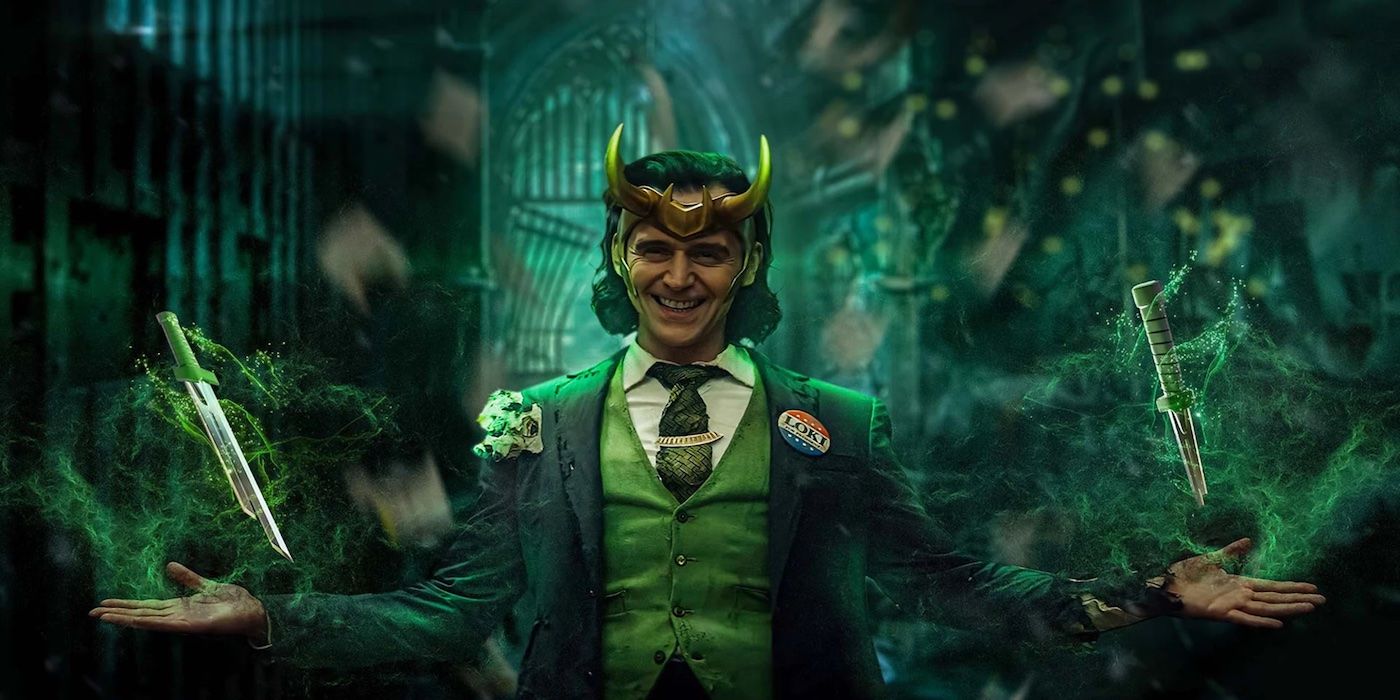
Speaking of redemption, Loki has essentially done his 180-degree turn in the MCU after a failed suicide attack against Thanos. One can't go into Norse mythology expecting the same misunderstood orphan though, Loki in those books and writings is a spiteful villain.
RELATED: Marvel: Differences Between Loki In The Comics And The MCU
For one, he caused the downfall of Asgard and Midgard when he sided with the frost giants during the procession of Ragnarok or the cataclysmic event that wiped out the cosmos. In other instances prior, Loki also caused the death of certain beloved gods due to a prank.
4 His children killed Thor and Odin
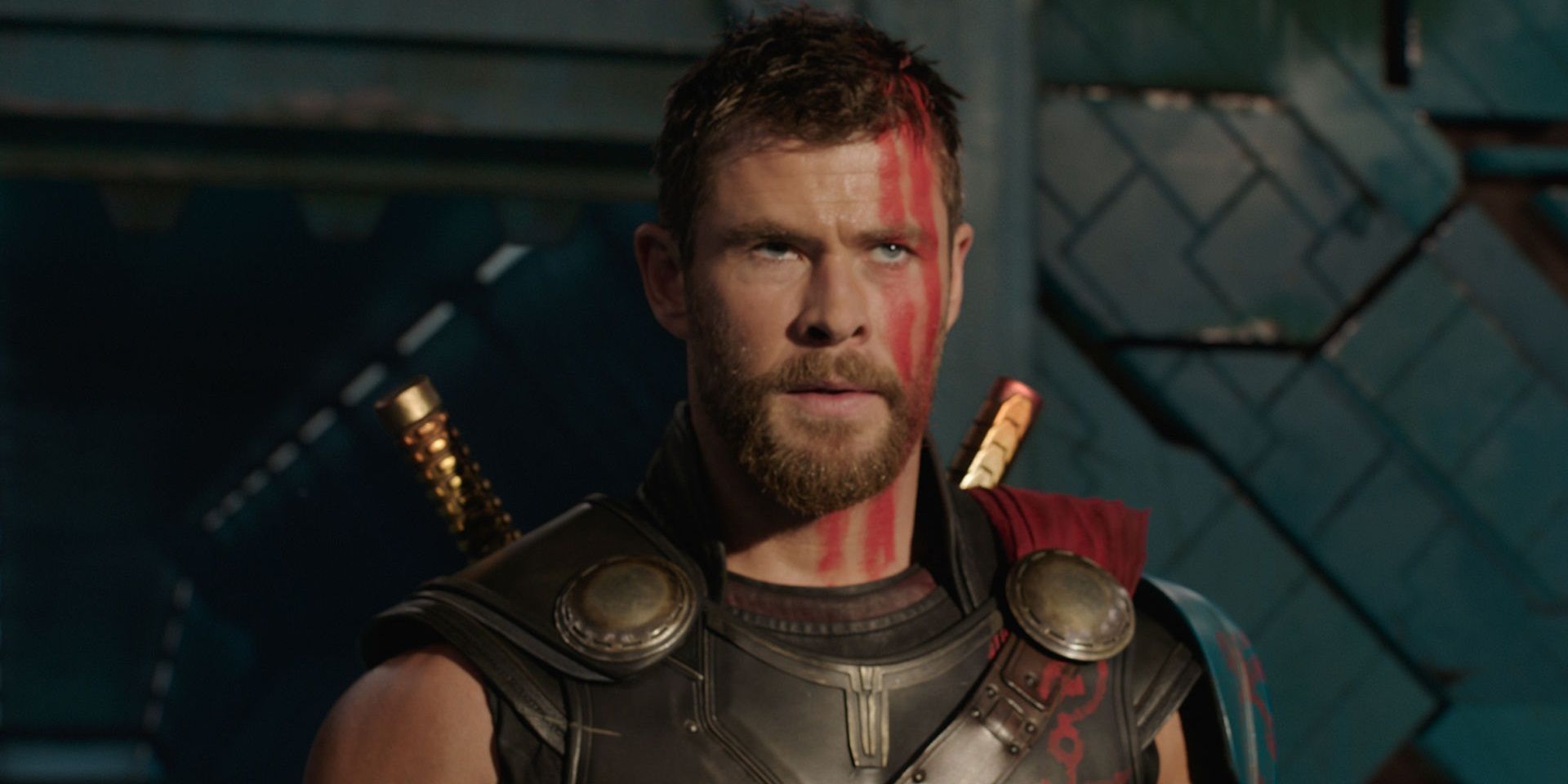
During the disastrous events of Ragnarok in Norse mythology, no Asgardian was spared from Loki's betrayal, especially not Odin nor Thor. While Loki didn't strike the final blow to his foster father and brother, his monster children did the work.
Jormungand notably slew Thor during their epic face-off while Fenrir bit off Tyr's hands (Norse God of War) and also killed Odin. All this transpired during Ragnarok, which is chronologically assumed to be the end of Norse mythology. By comparison, MCU's version of the Norse "Ragnarok" in Thor: Ragnarok is less dramatic and more sterile.
3 He eventually gets punished

Loki did get his comeuppance in Norse mythology just as he did in the MCU but his punishment for his crimes pre-Ragnarok was a lot harsher. For being responsible for Baldur's death, a god beloved by most people, Loki was bound to a rock where the gods of Asgard killed and used one of his son's intestines to keep him there.
RELATED: Loki: Things You Need To Know About Mobius M. Mobius
On top of that, some versions included a venomous serpent or snake right above him dripping venom onto the bound god causing him agony with every drop. This is similar to how Prometheus was punished in Greek mythology though the difference is that Loki deserved the punishment. Even so, this Asgardian retribution caused Loki to further resent his foster family.
2 He has a legal and good-natured wife
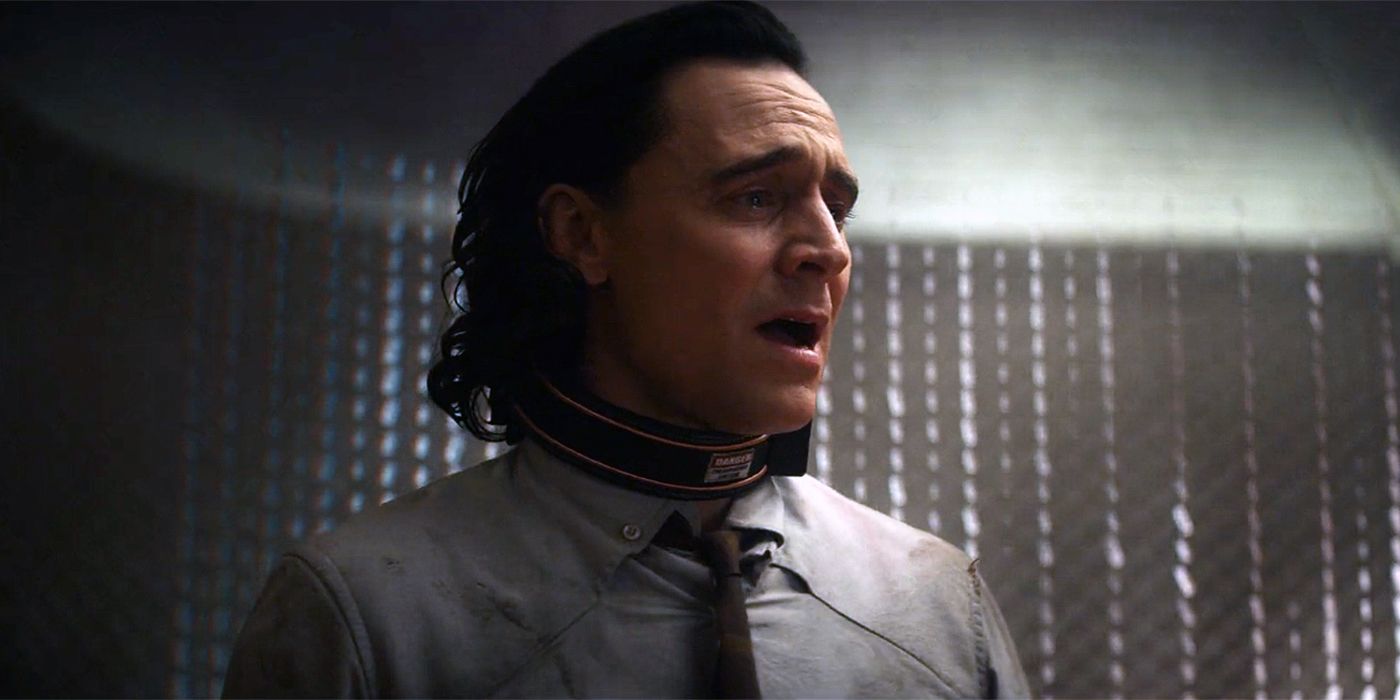
That isn't to say Loki hasn't had a taste of normalcy in his life. He was married to an Asgardian goddess named Sigyn whose domain in the Asgardian pantheon is victory. She was a rather good partner to Loki and stood by his side even after some of Loki's most unforgivable crimes.
She took care of Loki when the gods punished him for Baldur's death. Sigyn dutifully prevented venom from dropping onto Loki during his punishment, minimizing his pain during the said tribulation. Loki also bore children with her, normal children. Regardless, he's not exactly the miserable anti-social loner that the MCU is portraying him to be right now.
1 His origin and classification can be conflicting
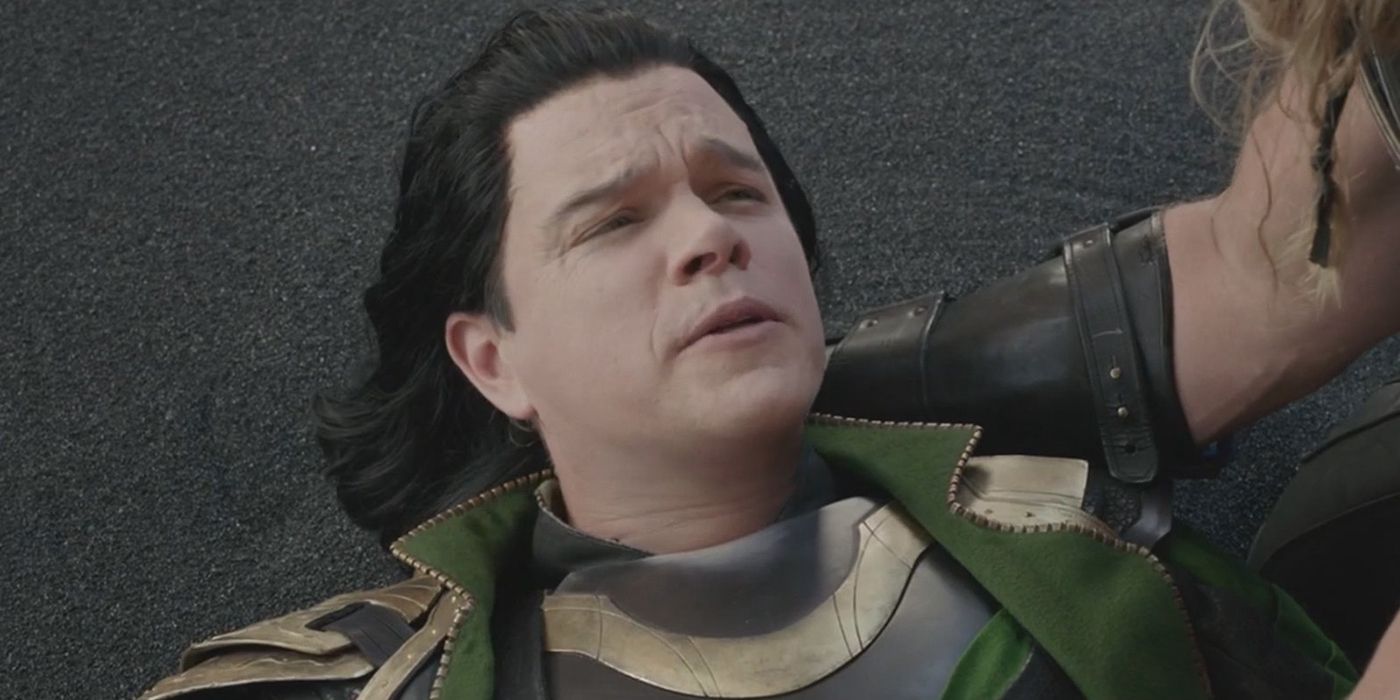
While the MCU drew a clear line about Loki's origin and status as an otherworldly being, the actual scriptures and songs of Norse mythology, as well as some twisted hearsay and versions of the stories make his actual being a bit murky.
There are many conflicting accounts of whether Loki was a god, a frost giant, half of both, or perhaps something else. There are also little to no real-world cults dedicated to his worship due to the values he represented, making his official titles and categorization chaotic, fitting enough.

